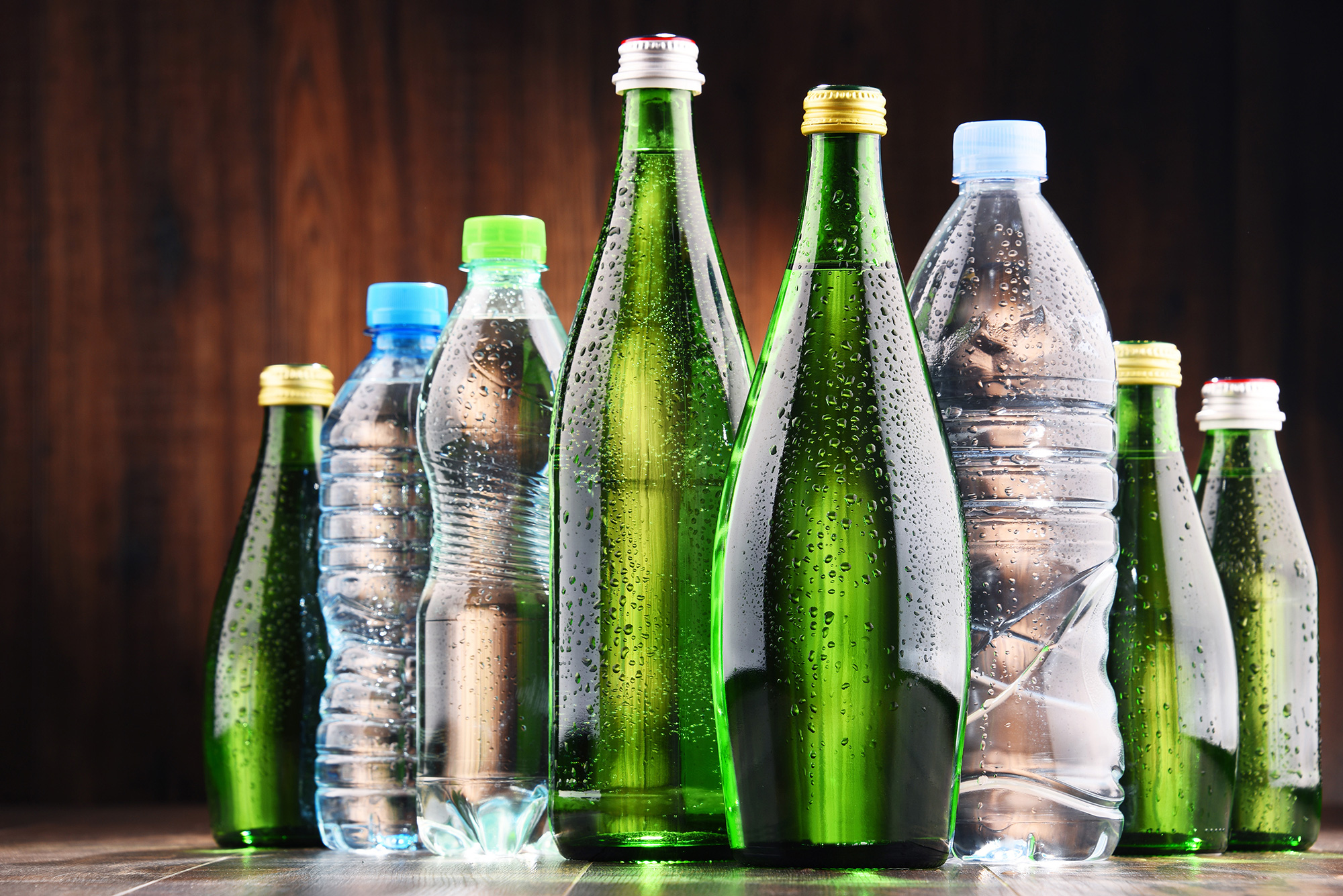As one of the biggest culprits of ocean and land pollution, plastic is a material that has been used for years to package not just our food and drink, but our spirits too. Since the 1950s, around 8.3 billion tons of plastic have been produced worldwide. This is shocking considering that nearly half of all plastic ever manufactured has been made since 2000, with the current levels of plastic pollution unlikely to massively decrease – due to less than ⅕ of the world’s plastic being currently recycled.

It is worth noting that other European countries, such as Germany and Austria, are known for their excellent recycling processes, while the UK is struggling to get a handle on effective recycling. This, of course, is received negatively by many consumers who urge for the UK packaging industry to change their ways; the same packaging industry that is routinely blamed for consumer’s behaviour when it comes to the disposing of plastic.
Some of the current issues around plastic are due to the reluctance of the packaging industry to drop the material, thanks to the long-life and cheap costs of producing plastic packaging. However, as fear-mongering statistics are becoming more widely shared, the industry is beginning to realise the potential long-term impact of producing so much plastic. These statistics include the following: by 2050, there will be more plastic than fish in the world’s oceans, with 99% of all the seabirds on the planet having consumed some. And, if plastic consumption increases at its current rate, by 2050 there will be 12 billion metric tons of plastic in landfills.
However, the issue now being debated by the packaging industry is – what material that could possibly take plastic’s place? And, will that actually be an upgrade? Lord Deben, chairman of the Committee on Climate Change (CCC), has spoken recently on how packaging industry professionals are looking to replace single-use plastics with a fix-all “silver bullet” – which first of all, doesn’t exist, and second of all, could potentially have negative implications. He was backed by Martin Kersch, the Food Service Packaging Association’s director, who cited examples of brands “putting themselves at risk of greenwashing by investing in solutions which have equally negative environmental repercussions”.
The strongest alternative for spirits packaging is often glass; however, glass is more costly to recycle and has a greater impact on the environment when it comes to its production process. The cost of shipping and production are also more expensive than that of plastic. While finding an alternative for single-use plastics is a priority, the sustainability of non-plastic packaging has to be ensured to prevent any further environmental damage.
There is also the argument of the cost of an alternative. Who pays for this? Do the packaging industry and other companies bite the bullet and pay for this to keep up with a more environmentally-friendly market, or should consumers pay more for products to make up for the additional cost of packaging?
Of course, this doesn’t mean that the plastic problem is over purely because it’s been identified. In fact, it’s quite the opposite. One of the biggest issues with tackling the problem head-on is the confusion amongst the packaging industry, which stems from the lack of clarity from the government with regards to what the right approach is, and who is responsible – companies or consumers? There are also further concerns around the financing of waste management, and on authorities cracking down on litterbugs who discard their plastic rather than recycle it.
While the packaging industry is looking into options around the plastic problem, the key is they have to be practical, and ultimately, they have to work. One interesting concept is that of zero waste stores, which eliminate the need for individual product packaging, as well as the idea of plastic free aisles in supermarkets. But would zero waste retail work for the spirits market? If the industry did move that way, the prioritisation of packaging aesthetics would inevitably take a back seat – meaning it could be interesting to see how brands manage to differentiate themselves in the saturated alcohol market.
Want to discuss this with us? On Wednesday 14th of November, we will be attending the Spirits Packaging Summit in Edinburgh, and will be happy to talk more about this at our brand new stand! To buy your ticket, visit the event website at http://spirits.packagingnews.co.uk/, or head over to our Products section to get a sneak peak at some of the items we’ll showcasing on the day.
We’d love to find out more about your product or brand and we’d be delighted to arrange a consultation to discuss your product embellishment needs – simply fill in the form and we’ll be in touch.
Alternatively, give us a call on 01733 396080